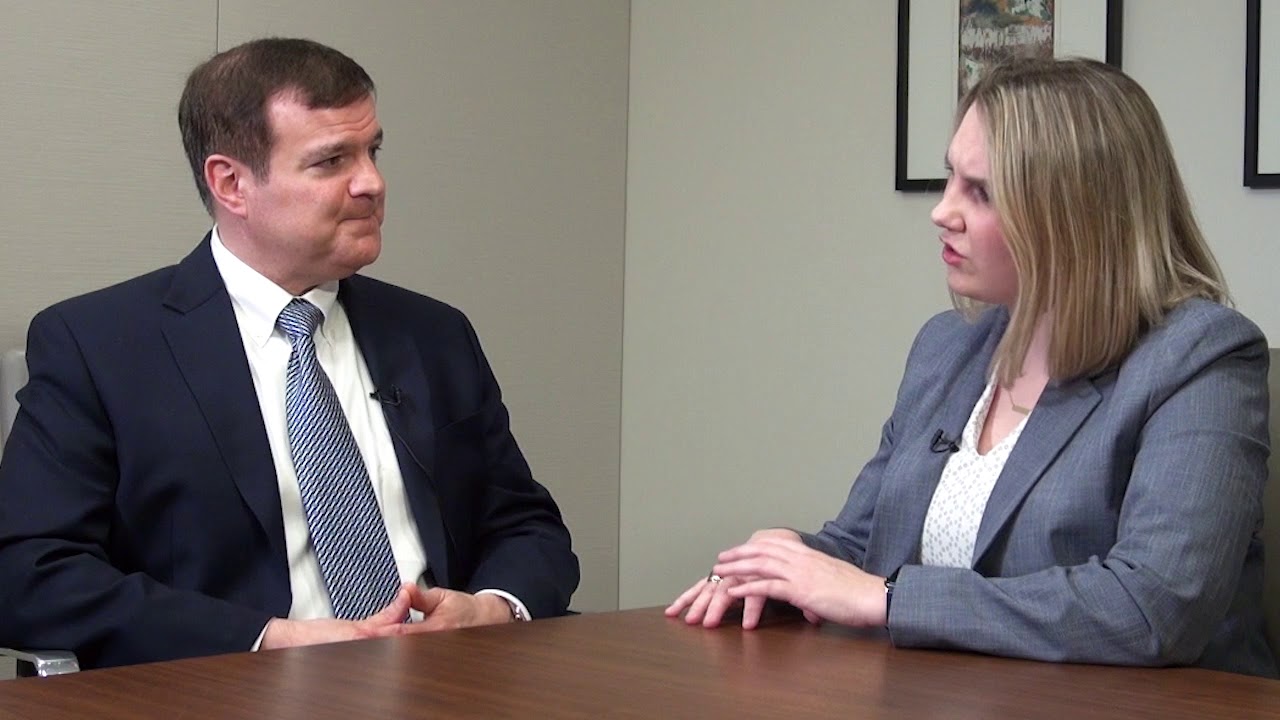Understanding FDII – Application and Calculation

Jen: This is the PKF Texas Entrepreneur’s Playbook. I’m Jen Lemanski, and I’m back again with Frank Landreneau, one of our International Tax Directors. Frank, welcome back to the Playbook.
Frank: Thanks, Jen. It’s great to be back.
Jen: A couple of episodes back we talked about the Foreign Derived Intangible Income incentive. How does that work?
Frank: It’s a pretty convoluted calculation. First, as we talked about last time, a company will identify its gross receipts related to this Foreign Derived Intangible Income – we call it FDII for short.
Jen: FDII, I like that.
Frank: And then, you allocate associated deductions to arrive at net income, and then you look at what is normally looked at as a normal return for a company, which is mechanically derived, is 10% of the adjusted tax basis of the assets. And then, any profits above and beyond that on this income would be excess profits subject to a special rate of tax, which would be 13.125%.
Jen: Ok, so what should companies be doing about this?
Frank: One thing would be to take a look at how they source products. If they’re sourcing product from overseas, could they get it in the United States? Or, if you are, let’s say, a U.S. subsidiary of a foreign multinational, can the foreign multinational source those goods from the United States?
Jen: So, how might this apply to services? We talked about services on a different episode as well.
Frank: A service is also an interesting thing, and we don’t have a whole lot of guidance on that just yet, but essentially it would work the same way. The interesting part is that it does not indicate in the law currently that the services actually have to be performed within the U.S. So, theoretically, they could be performed outside the U.S. as long you are not outside the U.S. long enough to create what we call a permanent establishment. In that case, it would be called branch income; it would not qualify. Intermittent services, like oilfield services, where you may be providing services for a two-week, three-week period but you don’t have a home office there, might apply to this FDII income.
Jen: So, they really should reach out to us and find out if it applies. Now, I know you’ve talked about IC-DISC in the past. Does the FDII impact the IC-DISC at all?
Frank: Interestingly enough, in the tax law change, IC-DISCs were untouched. You can actually use the IC-DISC incentive in conjunction with FDII. The thing to keep in mind is that FDII only qualifies if you are a C-corporation. If you are an S-corporation, sole proprietorship, partnership, you want to also take a look at your tax structure, because this only qualifies for C-corporations.
Jen: Frank, we’ll get you back to talk about that again. Thanks.
Frank: I’d love to come back. Thank you.
Jen: To learn more about other international topics, visit www.pkftexas.com/internationaldesk. This has been another Thought Leader Production brought to you by PKF Texas The Entrepreneur’s Playbook. Tune in next week for another chapter.

